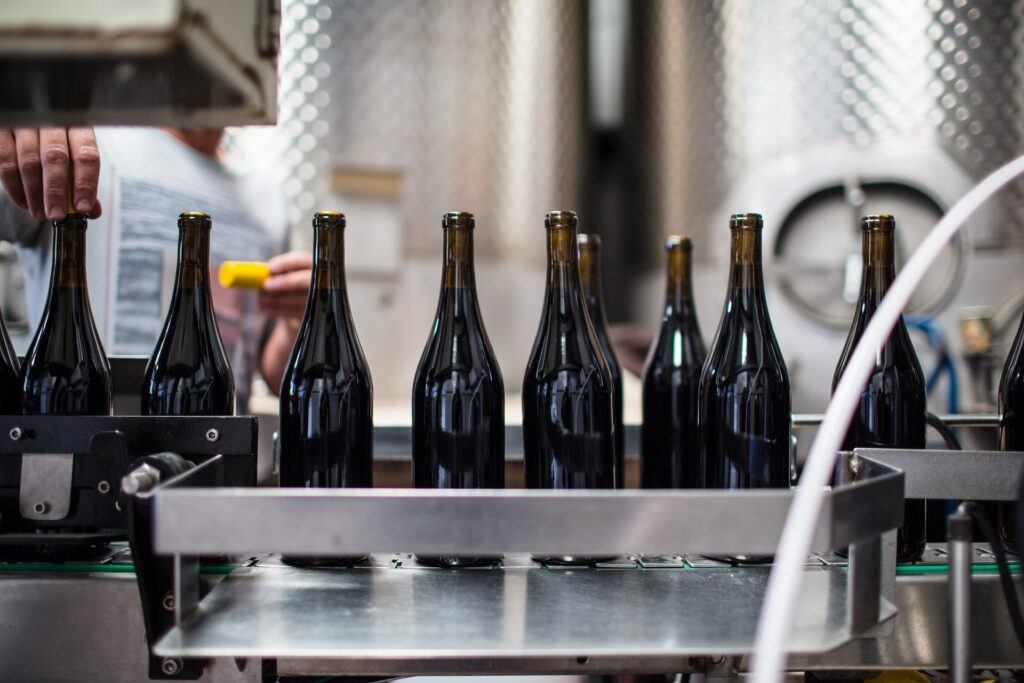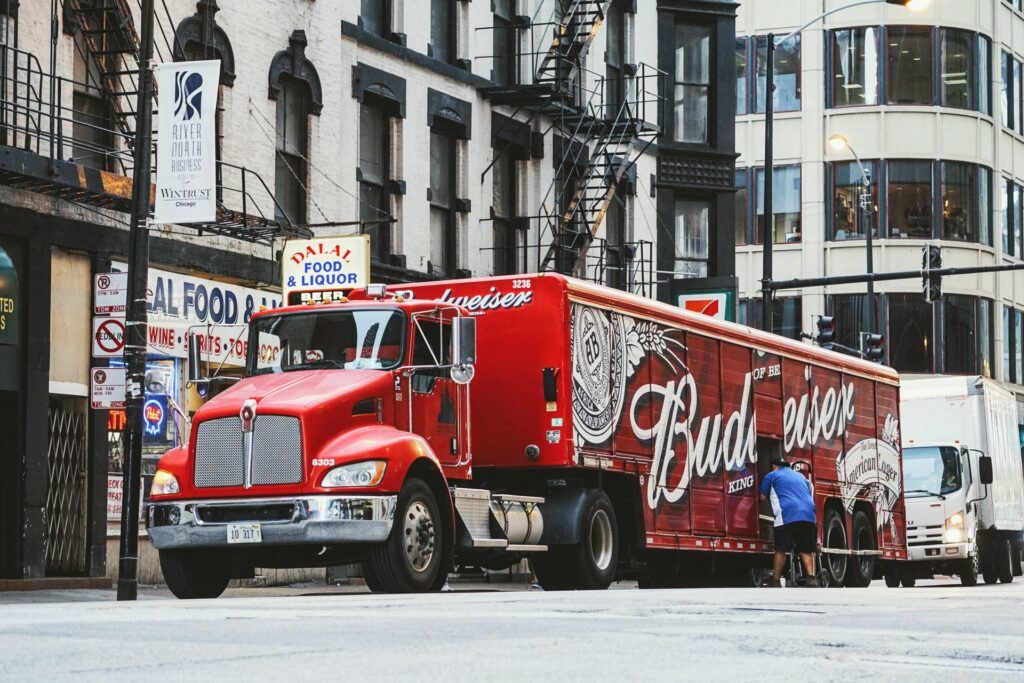There is no doubt about it, the amount of people brewing their own beer at home has been increasing over the last decades. The rate at which it has increased has accelerated during the past year or so with the Pandemic shutting us all away at home.
When shut in we get bored and there were many projects started, many people landscaped their outside spaces. We have seen a lot of home improvements too, including building our own home bars.
What goes with your home bar?
Brewing your own beer of course, and like I said there has been a surge in home brewers, and why not. There are those that just brew enough to enjoy with family and friends, but others have found that home brewing beer has gone one step further and turned into a business.
Homebrew And Beyond
It may have started with a small starter kit to brew your first small batch of beer, but that can lead to a hobby where you are brewing several batches at any one time.
For some people the brewing bug really hits and they end up in business actually selling their beer. Whether it is by chance or a planned progression of their brewing efforts, there are small breweries popping up all the time.
What is beyond the Homebrew?
If you have got the brewing bug and want to take it to the next level, then why not, it is possible and many have done it.
The next step is to start your own brewery.
Starting A Brewery

It sounds easy, you have mastered the brewing process and have probably got several beers that you brew consistently. The next step is to brew your beer on a commercial scale and become a brewery owner.
While it is totally possible to start and build your own brewery, it is not an easy road and it serves to do your research first and know what you are getting into, and what things you have to do legally.
To open a full-blown beer production facility is an expensive proposition, so you will need either deep pockets or be able to raise finance or investment from others.
The first step would be to find out the local laws regarding breweries. Once you know what you can and can’t do, then you can decide how to progress.
There are different types of breweries, from the very small to the giants, so small is the best place to start.
The Nano Brewery
The Nano Brewery is the smallest type of brewery which makes it the perfect next step for someone wanting to turn their brewing efforts into a business.
The cost of equipment to start a brewery can be mind blowing, but by starting small (I mean Nano small) you can build gradually without breaking the bank.
A nanobrewery is recognized as brewing in batches of 3 barrels or fewer, which will limit your earnings. Although it is relatively easy to go from homebrew to a nanobrewery, the profits are going to be small and the timescale of building those profits will be long.
Having said that, you never know, your brews maybe so amazing that the demand will see a quicker growth and higher profits.
Where to next?
The Micro Brewery

The Micro Brewery is your next milestone, if your barrel production has started to go up because of demand, then this is the area you will be entering.
Bear in mind that you will probably need more equipment and bottling facilities, so some investment will be required.
A micro brewery is seen as a brewery that produces less than 15000 barrels a year, and it needs to sell a minimum of 75% of its produce off site.
From micro to craft.
The Craft Brewery
Next up you hit the craft brewery territory which can also be known as a regional brewery and the production of barrels would be less than 6 million per year, but higher than 15000 barrels.
The term craft beer is not to be confused with the brewery names as all these small breweries can produce craft beer, which is a beer that is brewed by a small independent brewer.
To reach craft/regional sized brewery would be the goal of most aspiring brewery owners, to get to this level would be a massive achievement.
The Macro Brewery

These are the largest types of breweries, the big boys with mass production on a daily basis. To move into this territory from your small home brewery might seem an impossible feat. Although Eberhard Anheuser and Adolphus Busch managed it, turning their small neighborhood brewery into the monster it is today.
They are the founders of Anheuser-Busch, an American brewing company founded in 1852 in St Louis, Missouri. It is now known as AB InBev, the AB is the Anheuser-Busch and the InBev being the merging of the Belgian Interbrew and the Brazilian AmBev.
AB InBev is certainly a giant, and even if you did grow into a large brewery, the chances are you may be taken over before you could become such a giant, although anything can happen.
More Breweries
There are more types of breweries, but are not really the normal route from the small homebrew set up.
A Brewpub is a brewery that operates as a bar/restaurant selling its own beer as well as others beer too. It is a great way for a restaurant to expand into brewing its own beer, or for a small brewery to open a bar/restaurant to sell its own beer.
The Taproom brewery is essentially a room within the brewery or attached to the brewery that sells its beers to customers.
A Farm Brewery will make beer from the ingredients grown on their farm, such as hops, barley, wheat and corn. A farm brewing license is needed for the brewery to serve and sell beer.
The lines between each of the different types of brewery are becoming a little blurred as more open in different guises. For instance a brewery may open a taproom in a different town to the brewery, which means it is not attached to the brewery.
This is just a guide to the different types of breweries you may come across.
Your Homebrew Journey

Any journey starts with the first step and your homebrew journey probably kicked off with a starter kit, that may have even been bought for you as a present.
However it got started, the point is that if you have the brewing bug, then you may want to get to the next level and start your own brewery.
My advice is to start small and progress slowly, learn as much as you can about every aspect of the brewing world. Learn the local laws around brewing, interact and spend time with other brewers. Perfect your own brewing process until your brew becomes consistent.
Invest in a membership at the Brewers Association, they do an individual membership, a brewery in planning membership as well as brewery, retailer, distributor and allied trade memberships. There are a lot of resources that are geared to helping the aspiring brewery owner.
Whether you are keeping your home brewing beer at the personal level or turning it into a business, share your experiences, but most of all have fun.
Rob is a passionate home bar and pub shed enthusiast with a passion for craft beer. With hands-on experience in designing and building his own home bar, Rob shares his knowledge, tips, and inspiration to help fellow enthusiasts create their own perfect space. Alongside the world of home bars and pub sheds, Rob also explores the diverse and exciting realm of craft beer, providing honest reviews to help you discover your next favorite brew. Join Rob on a journey of flavor, design, and craftsmanship right here on Home Bar Kit.

